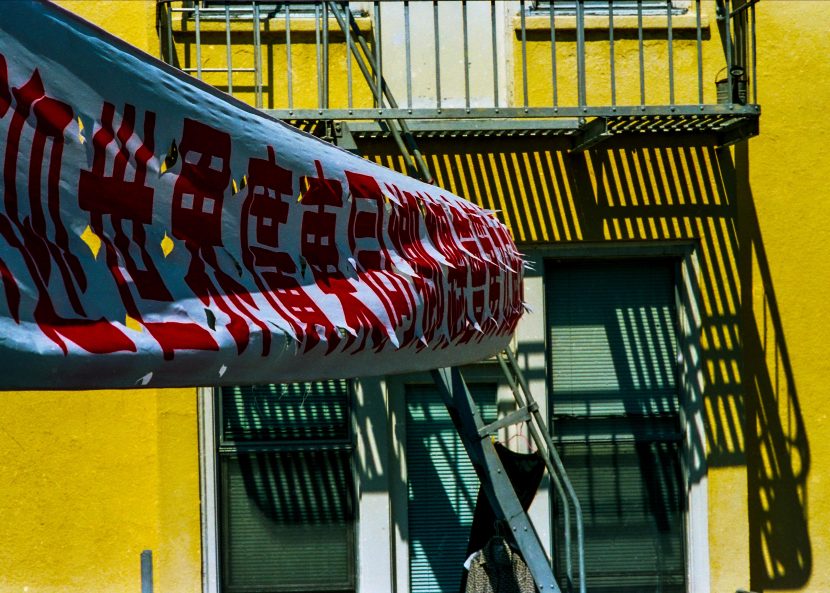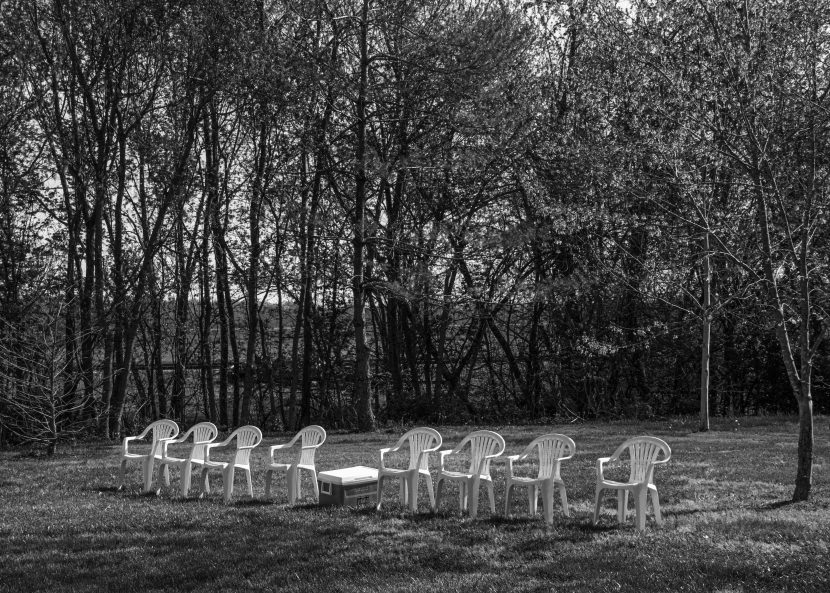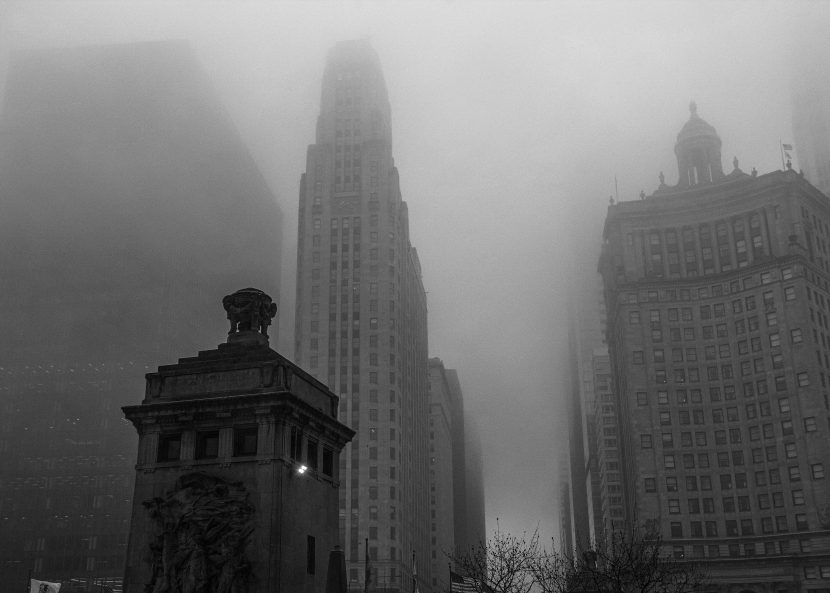In all the debate and analysis and angst over what those behind Project 2025 are doing and why, it is easy to get lost in the bog of details and motivations. A better question is why do so many people who would suffer under these proposals support them. When you look at the list of things they want to end, it boggles the mind that anyone who has to work for a living, who is dependent on a weekly paycheck, many whose expenses outstrip their income, and those who otherwise would wish to give their children an edge for the future would want any of this.
Let me step back from the details and indulge a little speculation about the deep motivations behind this otherwise bizarre conflation of working class reality and the dreams of oligarchs. What underlies the desire to do this much to destroy entire sets of dreams and undermine the ability of so many people to have something even close to a stable life?
Go back several decades. Look at the 1950s and 1960s, at the almost complete overhaul of social relations. Everything, from the civil rights movement to the counterculture to the sexual revolution to all the spin-off movements all demanding a seat at the table, all shared one basic interest in common. One could reasonably show that all of those movements—those revolutions—were about one thing: freedom of association.
Class boundaries, ethnic boundaries, gender boundaries, educational boundaries—the order of the established norms were all challenged and largely overturned. The common thread was people refusing to be kept in “their place” anymore. All the equal access challenges, the educational reforms, the equal employment opportunities, all of them—freedom of association. For a time, the assumed walls keeping groups of people apart became porous to a degree they had never been before.
Freedom of association. When you think about it, the lack of such freedom underpins the basis of all segregation sentiment. People refusing to have anything to do with people they consider “not my tribe.” People, frankly, frightened of having to interact with strangers.
The entire conservative movement since the Sixties has been a desire to put those barriers back in place, to keep all the disparate groups separated, to somehow prevent the possibility of their children being exposed to those they consider undesirables or bad influences or simply foreign. All the programs that are targeted in Project 2025 are designed to bridge those barriers. Programs that provide a basis and, in some cases, the means to enable people to cross boundaries.
All this upheaval over immigration is nothing more than the same fear of mingling that kept people segregated before the civil rights reforms. People in one corner looking with fear at people in the other and saying “We don’t want to have anything to do with them!” Panicked at the thought of their kids attending school with kids from the “wrong side of town.” The advent of private schools to make sure no mixing happened.
The thing is, such group isolation results in a loss of resources for many groups. It has a physical cost. But it starts there, with an unadmitted (or not) desperation to Keep Them Out.
This is neurotic.
But this is what has to be recognized and addressed if there is to be any hope of this ever being healed. So many people feel threatened by having to be in the same room as people they don’t know, don’t like, don’t trust, in fact hate because they’re different.
That’s the basis of the economic divide. It drives the cost of higher education, I have no doubt. It informs the absurdities of policy positions which admit to no solution because any solution will not give them what they want, which is to shut those people (whoever they are) out.
Fear.
If civilization is to be saved, if we are to go into a brighter future, we have to end the arbitrary assignation of people into enclaves designed to keep them apart. This is not airy idealism, this is survival. We’re going to destroy ourselves to enable a small group of people to keep themselves apart from those they see as inferior.
Look at this time and these issues. That is the basis for so much insoluble polarization. But we don’t talk about it, not that way, not so nakedly. Every divisive issue we have, I believe, has its roots in that marrow-deep fear of having to cross the boundary and know about people we think will harm us.
One party right now is doing everything it can to establish the old ghettoes. The other needs to work to end them, but it seems not to be able to articulate it clearly enough. Well, for what it’s worth, there it is.
Keep this is mind when you listen to the rhetoric and good luck.












